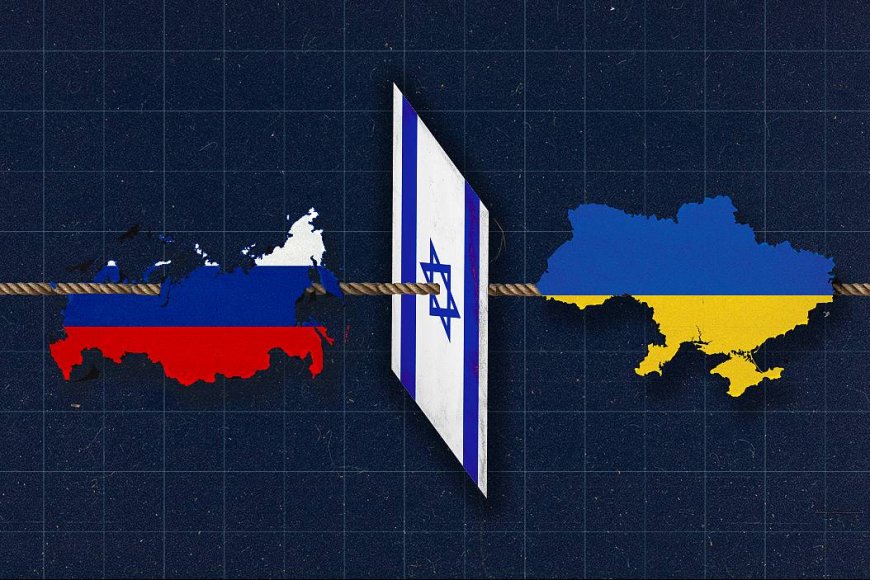Ukraine's one-year conflict shifted dynamics in the Tel Aviv-Moscow ties

The Zionist regime has found itself in a perplexing dilemma since the onset of the conflict in Ukraine and the US-led Western campaign against Russia. Owing to the significance of strategic ties with Russia, Tel Aviv chose a prudent stance at the outset of the Ukraine-Russia crisis and attempted to maintain its neutrality.
In the early days of the conflict, Israel endeavoured to serve as a mediator between Russia and Ukraine, to the degree that Naftali Bennett, the former Zionist prime minister, was the first foreign official to visit Moscow following the Ukrainian crisis.
Prior to Benjamin Netanyahu's election, Israel's stance was almost neutral. Netanyahu's return to power, however, resulted in significant shifts in Israel's attitudes, to the point that he declared he would revise Israel's stance vis-à-vis Moscow. Tel Aviv first used intermediaries to conceal its pro-Ukraine stance. According to the Hebrew daily Haaretz, the Israeli government spent millions of dollars to send secret deliveries of vital military supplies to Ukraine in order to satisfy its Western allies.
After the revelation of Israel's clandestine support for Ukraine through third parties, it was discovered that the Pentagon was employing an immense, albeit little-known American arsenal in Israel to supply Ukraine's urgent demand for artillery shells.
As part of Israel's egregious support for Ukraine's fascist regime, Israeli Foreign Minister Eli Cohen recently visited Kyiv to pledge Tel Aviv's continuous aid, including the strengthening of Ukraine's air defence early warning system. However, according to Ukrainian officials, no progress has been made in this regard since the proposal was made a year ago.
Despite Israel's far-from-neutral stance on the Ukrainian issue, some members of Netanyahu's cabinet believe Kyiv is not receiving sufficient Israeli aid. In this dangerous scenario, a senior lawmaker from Netanyahu's Likud party urged the Israeli prime minister to cease "sitting on the fence" and support Ukraine's efforts against Russian "aggression," which he accused of "terrorism."
By: M. Sharifi













































